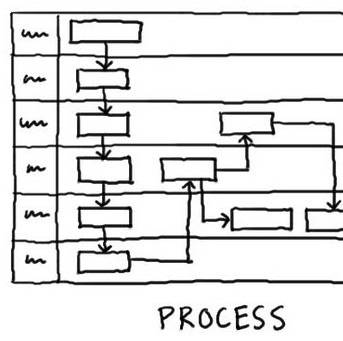 Where Have You Been?
Where Have You Been?
Joseph O’Connor’s last novel, Ghost Light, was a poignant tale about the mistress of the playwright Synge, tracing her fall from glamorous heyday into drunken obscurity. Here, in this finely-grained collection of short stories (and a novella), he explores broadly the same territory: damaged souls grappling with shifting times. He presents the lonely, the separated, the dying, the suicidal, all trying to find meaning as Ireland booms and busts. The characters long for children, connections, the past. Emigration, immigration, religion, republicanism percolate through everything, as O’Connor shows how these large movements have real, devastating effects on the minutiae of lives.
The stories mostly cluster around the 2000s in Dublin, with one taking place in 19th-century immigrant New York; there are occasional jaunts to London, and always a sense of the individual struggling against greater forces. In “Two Little Clouds”, Dublin of 2007 is a world where property is the thing to be in, Seamus Heaney and Bono hang out in hotels, and there is a feeling of impending doom: “One of these days it would be rush hour all the time. And they said we were a civilised country.”
This contrast between an Ireland of Blackberrys and rap music and that of the superstitious past is marked; and yet it can never quite go away, as when a young boy tells how a tractor got set on fire after it broke up a fairy ring. You shouldn’t mess with the fairies. In this sense O’Connor shares imaginative space with another superb Irish writer, Paul Murray, whose Skippy Dies blends magic and physics. Yeats haunts these stories, his powerful presence never quite out of sight. Though in tune with the buzzing sense of the modern – mobile phones, Aerlingus, the internet all play parts - O’Connor never forgets the backdrop of Irish literature against which he paints his tales.
O’Connor has a keen talent for the shape of a story. He builds them up to a moment of clarity or revelation, often based around meetings, conversations, snatches of song. His writing is carefully constructed and unsullied. He has an often amusing ability to illuminate situations with long similes: “He walked me out to the lobby and embraced me warmly, as though the bar of the Clarence was his country retreat and I was a beloved, slightly deformed cousin about to emigrate to a warzone.” He can be witty, and he can be moving: “Orchard Street, Dawn” chronicles the tragedies of an Irish family in New York who lose one child after another; “Death of a Civil Servant” shows, convincingly, a gentle man in total breakdown after the death of his daughter and his subsequent separation from his wife. In the novella “Where Have You Been?”, attempts at a fulfilling relationship have a plangent sense of foreboding.
This collection is beautiful; full of pure, simple truths that linger long in the mind. All around O’Connor’s characters, things change – but humanity, in its loves and losses, stays the same

